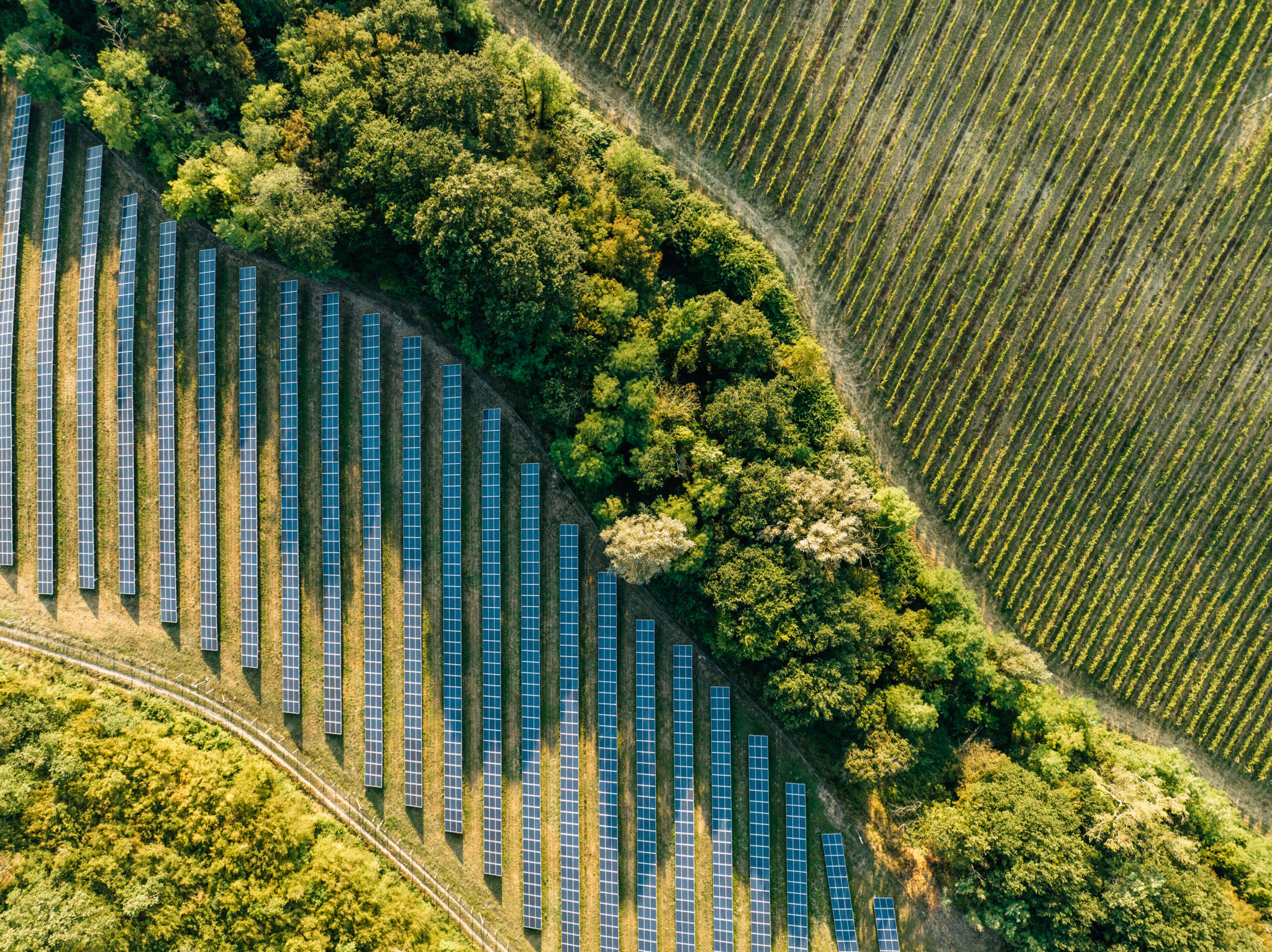Debunking Myths About Eco-Friendly Travel in Wine Regions
Understanding the Eco-Friendly Travel Movement
Eco-friendly travel is becoming increasingly popular as more people recognize the importance of reducing their carbon footprint while exploring the world. Wine regions, with their stunning landscapes and rich cultural heritage, offer a unique opportunity to embrace sustainable tourism. However, various myths often cloud the reality of eco-friendly travel in these areas.

Myth 1: Eco-Friendly Travel is Inconvenient
One common misconception is that traveling sustainably is inconvenient and limits your travel options. In reality, many wine regions have adapted to the eco-friendly movement by offering sustainable accommodations and transportation options. From electric bike tours to eco-certified vineyards, there are numerous ways to enjoy these regions without sacrificing comfort or convenience.
Many travelers are surprised to find that eco-friendly options can actually enhance their experience. Staying at eco-lodges or organic farms often provides a more authentic and immersive experience compared to traditional accommodations.
Myth 2: Sustainable Practices are Expensive
Another prevalent myth is that sustainable travel is more expensive. Although some eco-friendly options may have higher upfront costs, they can be more economical in the long run. For instance, opting for local produce and wines not only supports local economies but often proves to be more cost-effective than imported alternatives.
Moreover, many wineries offer tours and tastings that emphasize sustainability at no extra charge. Learning about organic farming practices and sustainable wine production adds value to your visit and often comes as part of the standard tour.

Myth 3: Eco-Friendly Means Compromising on Quality
A pervasive myth is that sustainable practices compromise quality. However, many wine producers in eco-friendly regions are dedicated to enhancing the quality of their products through sustainable methods. Organic vineyards often produce wines that are free from harmful chemicals, offering purer and often superior flavors.
Additionally, wineries focusing on sustainability tend to have a strong commitment to excellence and innovation, resulting in high-quality wines that compete on a global scale. Therefore, opting for eco-friendly wineries does not mean compromising on taste or quality.
Practical Tips for Eco-Friendly Travel in Wine Regions
If you're interested in exploring wine regions sustainably, consider implementing some of these practical tips:
- Choose accommodations that prioritize sustainability and offer recycling programs.
- Opt for public transportation or rent an electric vehicle to minimize emissions.
- Support local businesses by dining at farm-to-table restaurants and purchasing locally produced goods.

The Future of Eco-Friendly Travel in Wine Regions
The future of sustainable travel in wine regions looks promising as more travelers and businesses recognize the importance of eco-friendly practices. With continued innovation and commitment, wine regions can serve as models for how tourism can thrive while preserving natural resources and cultural heritage.
By debunking these myths and embracing sustainable travel practices, we can enjoy the beauty and richness of wine regions while ensuring their preservation for future generations.